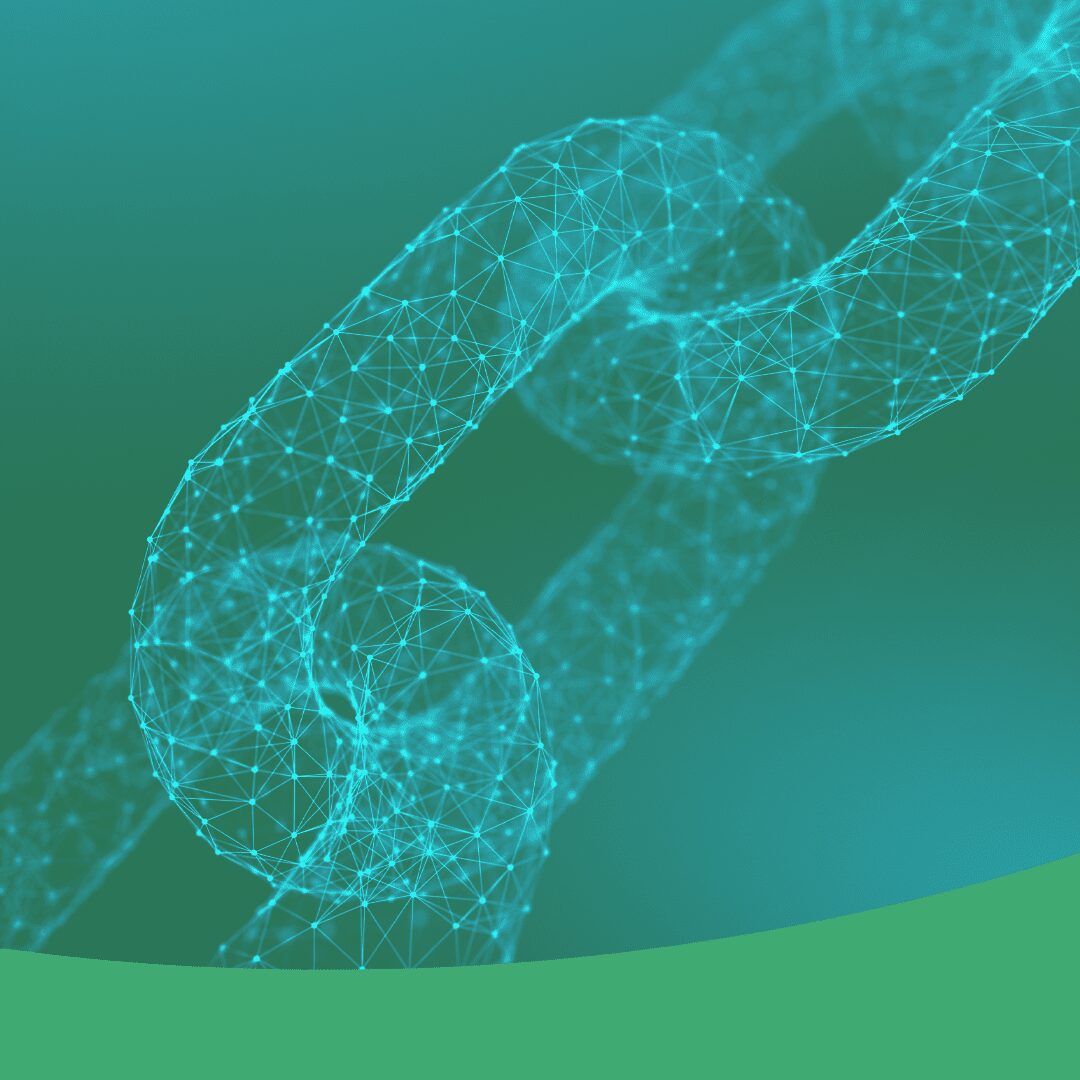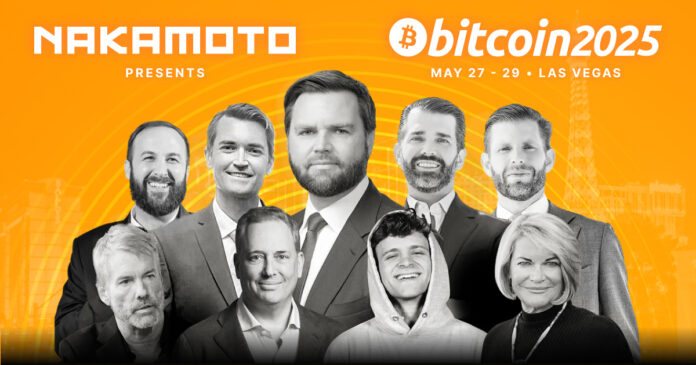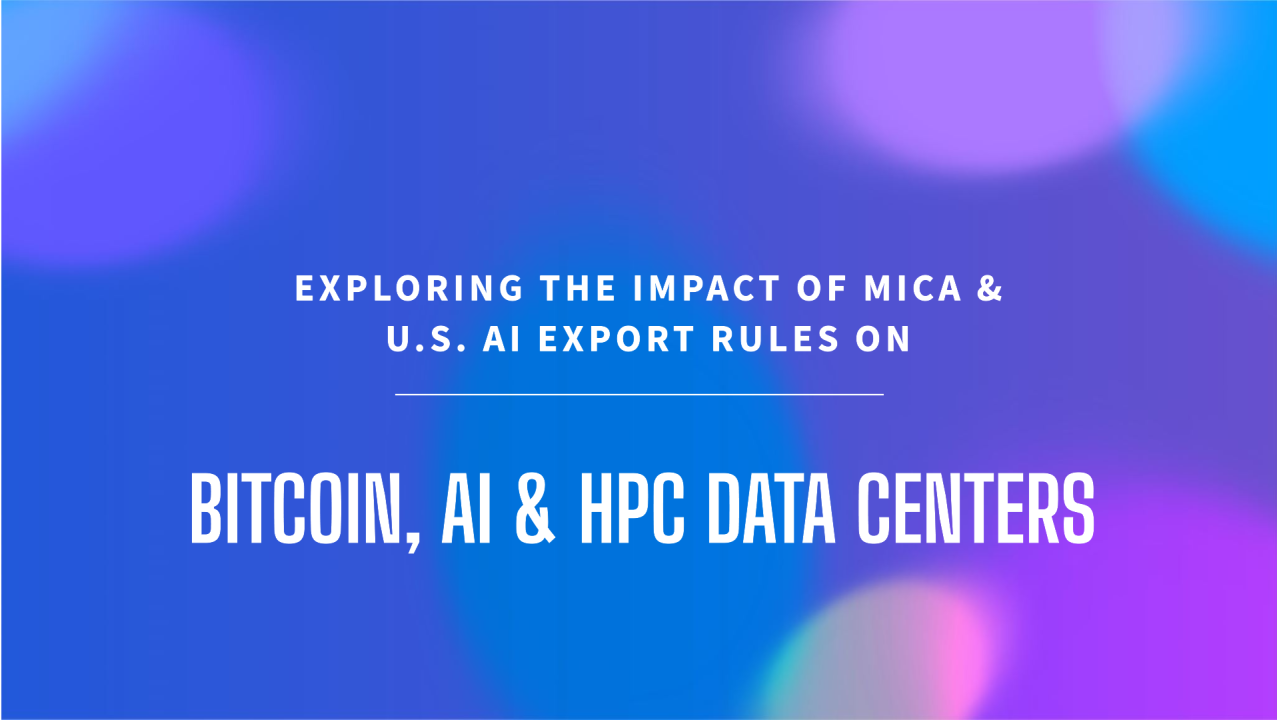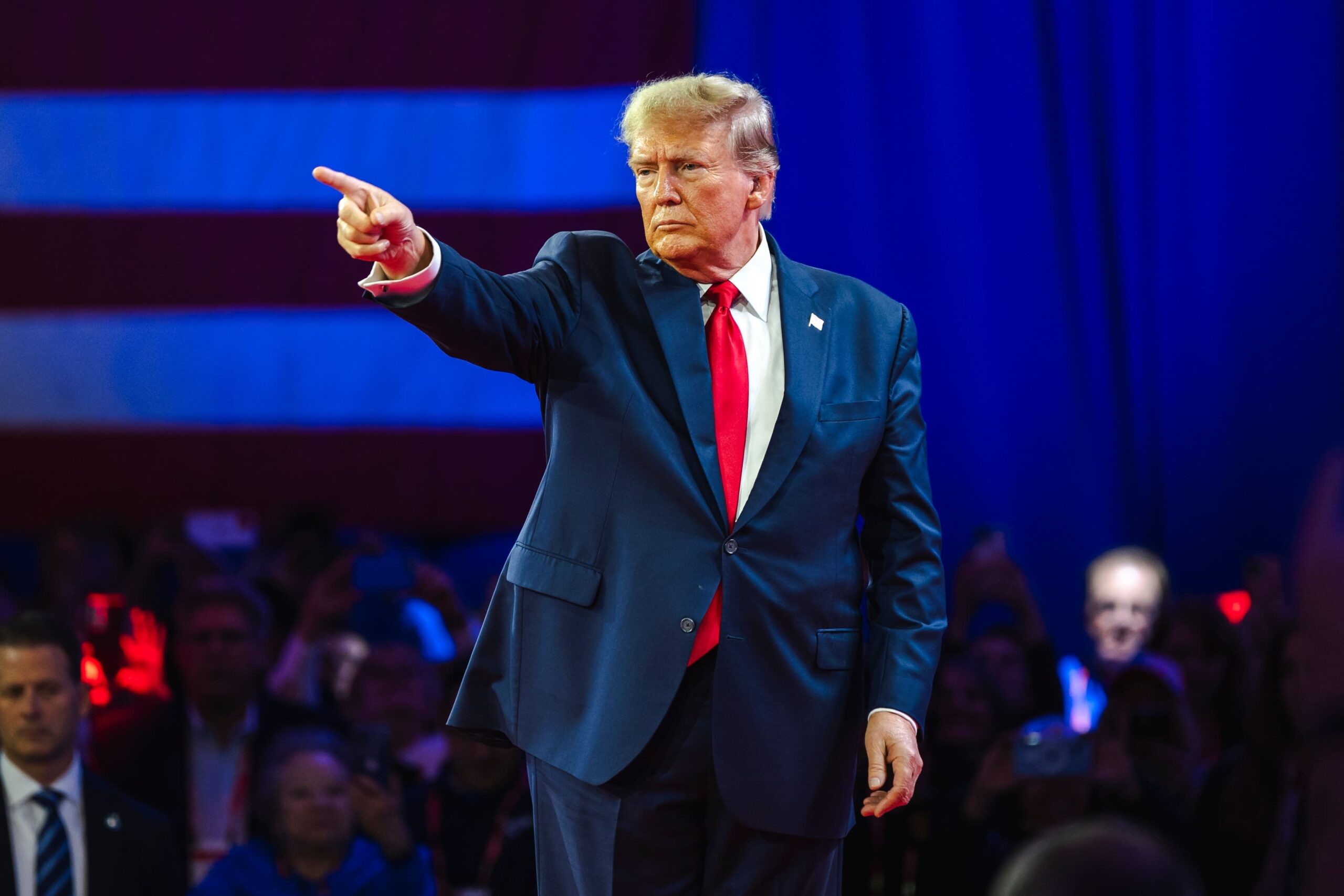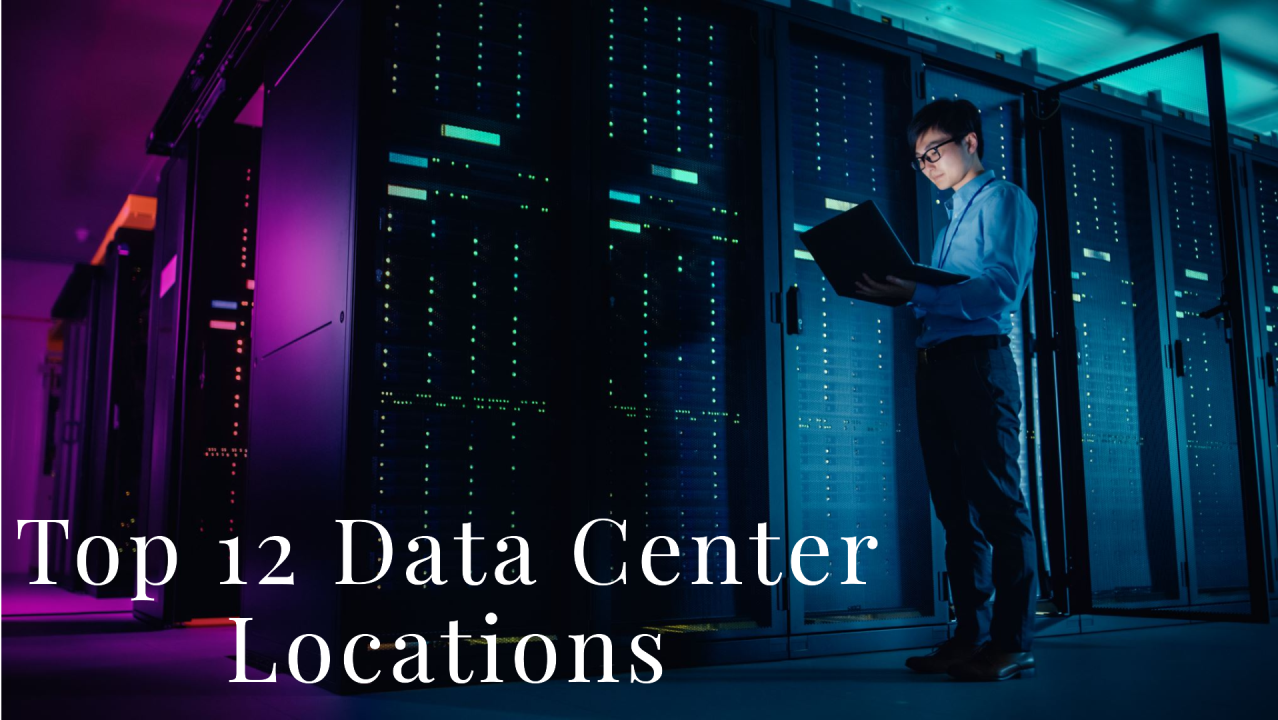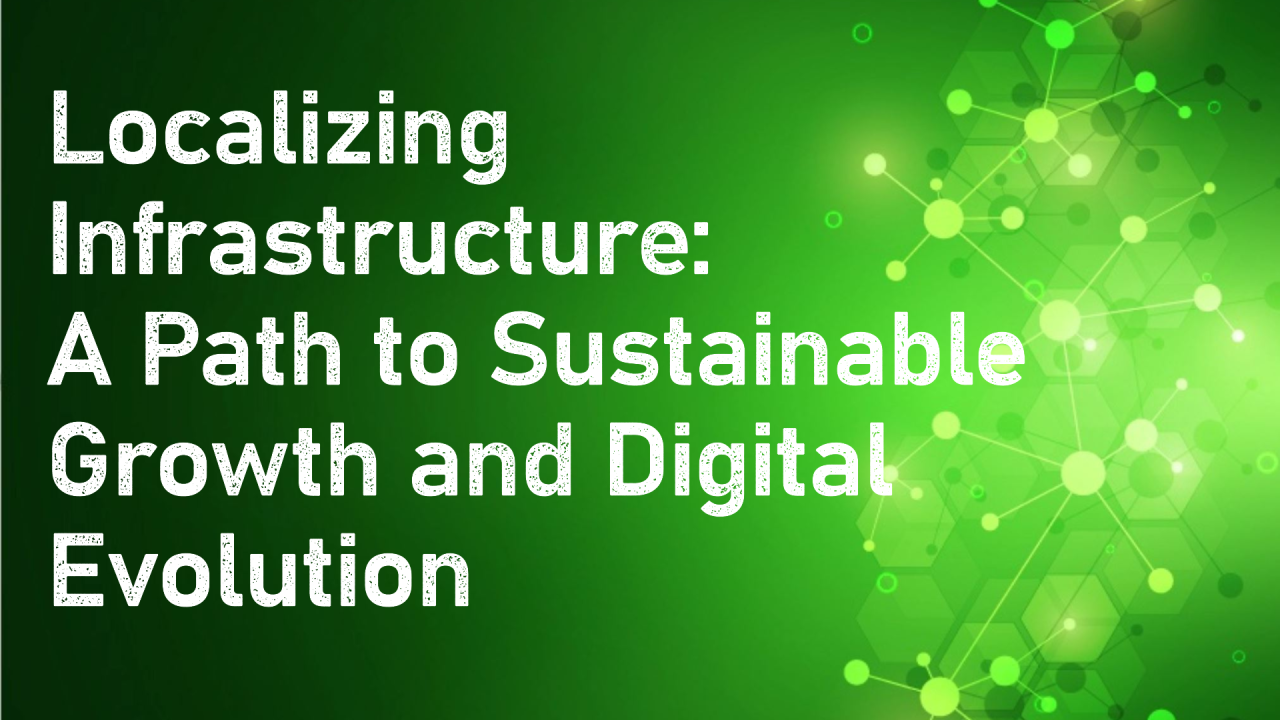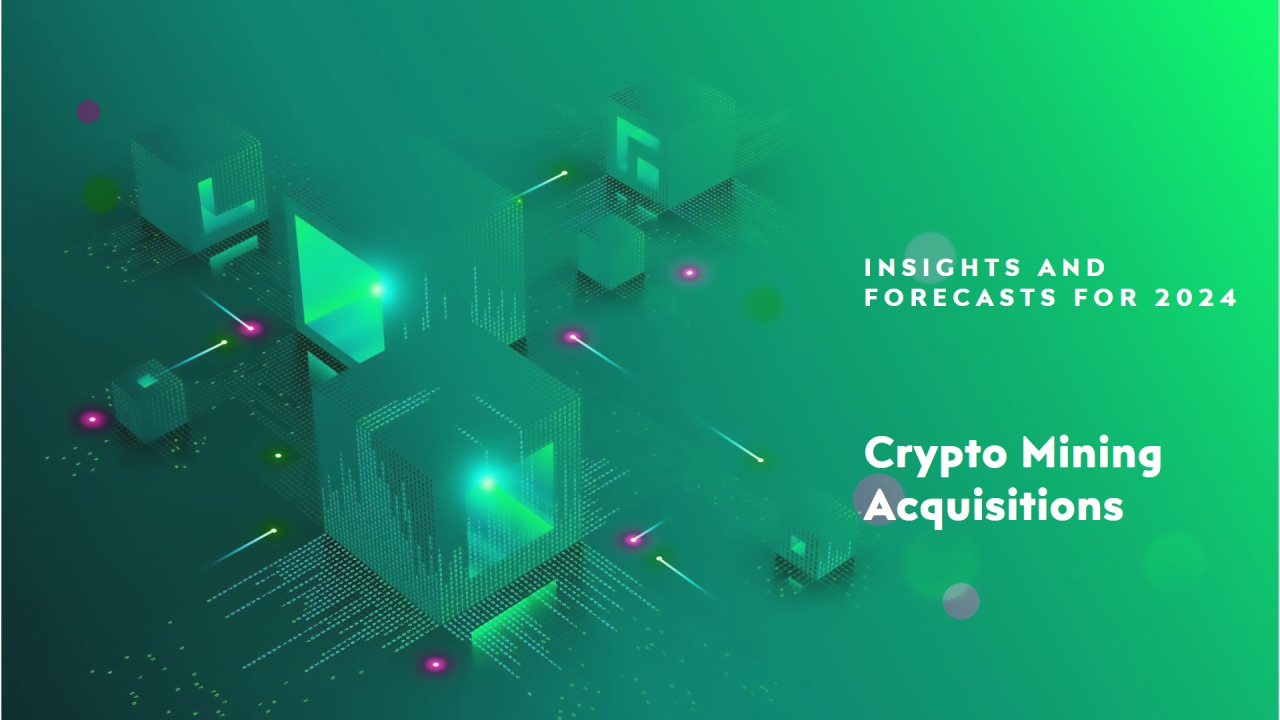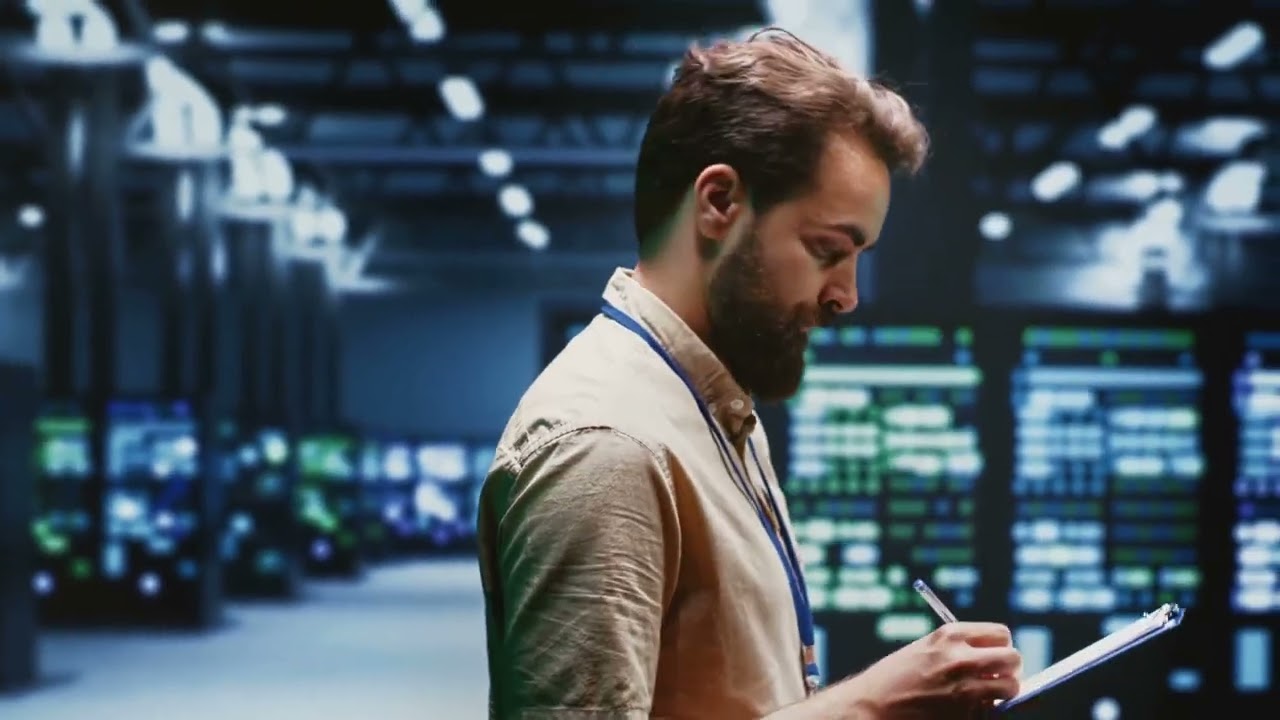A blockchain is a digital record of transactions. It is composed of blocks that are linked and secured using cryptography. Each block contains a record of multiple transactions, and once a block is added to the chain it cannot be altered.
The concept of a blockchain was first introduced in the context of Bitcoin, a digital currency. The blockchain serves as a public ledger of all Bitcoin transactions and is used to verify the authenticity of each transaction. However, the use of blockchain technology is not limited to just digital currencies. It can be used in a wide variety of applications, such as recording financial transactions, tracking the movement of goods or assets, or even storing and verifying the authenticity of important documents.
In summary, a blockchain is a decentralized and secure platform which provides a way of storing and verifying many types of data such as transactions.
Is your business looking for a way to incorporate blockchain technology into your day to day operations? Contact GRN Energy for a consultation!
